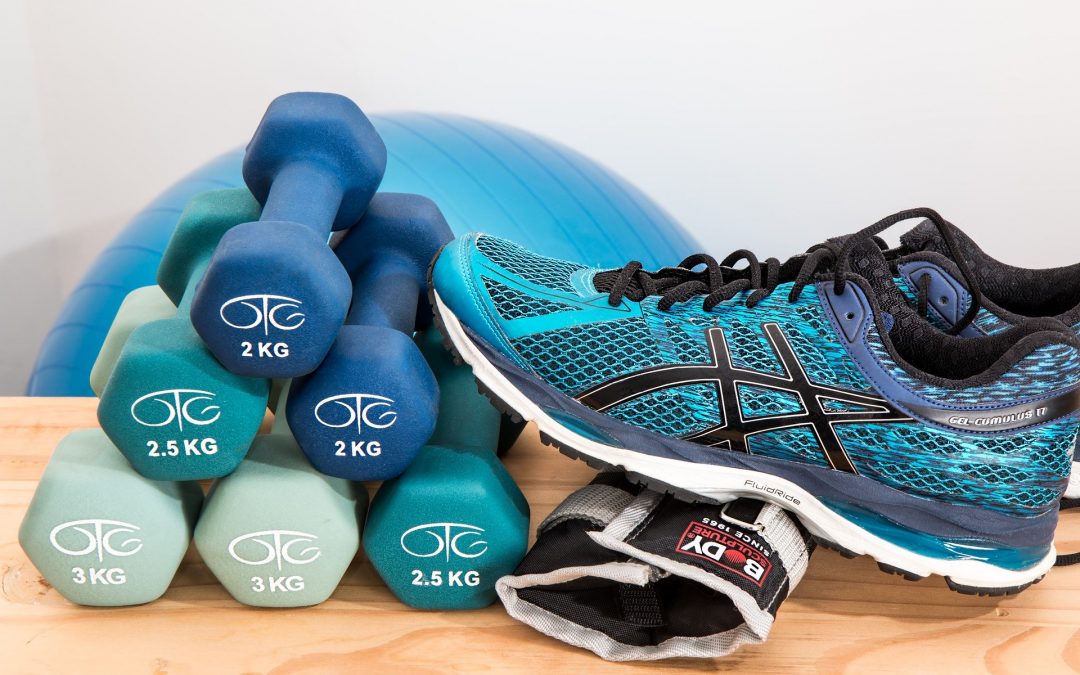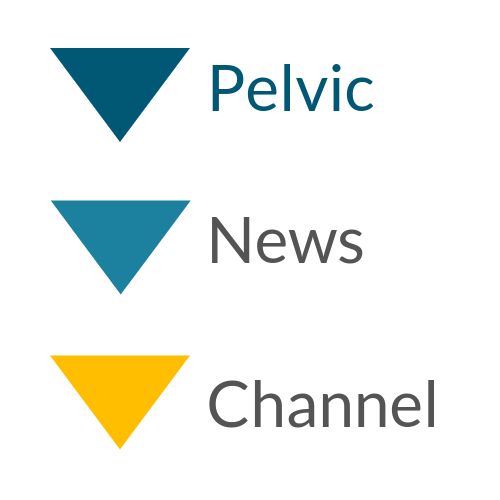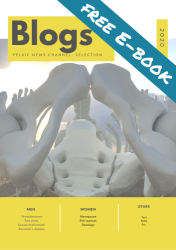Can I start exercising again? This is a question early post-partum women regularly ask. A very good question. But what is the right answer? What will be the effect on the pelvic floor muscles or will it provoke pelvic organ prolapse? The research I will discuss today will help you give an evidence based advise.
Research question
What is the effect (at 12 months post-partum) of exercise started early post-partum (6 weeks) on:
- Pelvic floor muscle strength
- Pelvic floor muscle endurance
- Stress urinary incontinence
- Pelvic organ prolapse
- Anal incontinence
For this study healthy, nulliparous women with a singleton pregnancy were included. Vaginal resting pressure, pelvic floor muscle strength and endurance (participants learnt how to contract the pelvic floor muscles by vaginal palpation) were measured.
Women were considered an exerciser if they were training 3 or more times per week with a duration of 30 or more minutes starting at 6 weeks post-partum. (strolling was not considered as exercising).
Results
In total 281 women included of which 86 (31%) were classified as an exerciser (of which 5% were high-impact exerciser like running and jumping, ≥3x per week ≥30 minutes) and 195 (69%) non-exerciser. The mean age was 29 years.
At 12 months post-partum 104 women were excluded or lost to follow-up leaving 177 for analysis. 32.2% were exercisers and 67.8% were non-exerciser. The lost to follow up women only differed significantly with the remaining women regarding exercising the pelvic floor muscles. The remaining women in the study performed pelvic floor muscle exercises ≥ 3 times per week in 42% of the cases and the lost to follow up in 28% (p=0.03).
(Anal incontinence not included in the results because of very low numbers n=2)
Main outcome between exercisers and non-exercisers at 12 months post-partum

Risk factors
- Women with a BMI between 25 to 29.9 are twice as likely to report symptoms of stress urinary incontinence at 12 months post-partum
- Women with a BMI >30 are three times as likely to report symptoms of stress urinary incontinence at 12 months post-partum
- Women with heavy work are three times more likely to report symptoms of pelvic organ prolapse
No negative impact on pelvic floor muscle function and symptoms of stress urinary incontinence and pelvic organ prolapse of general exercise started at 6 weeks post-partum
However:
More research is needed to predict the impact of high impact exercise.
Bottom line
When a patient at 6 post-partum asks me if she can start exercising again I will tell her that it is alright to start. However, we don’t know the impact of high-level exercise like running and jumping on the pelvic floor muscles and pelvic organ prolapse. Therefore I would recommend to start with lower level exercise and start training the pelvic floor muscles to provide good support. Once the pelvic floor is in shape the exercises can gradually increase in intensity.
Reference:
Tennfjord MK, Engh ME, Bø K. The Influence of Early Exercise Postpartum on Pelvic Floor Muscle Function and Prevalence of Pelvic Floor Dysfunction 12 Months Postpartum. Phys Ther. 2020 May 4:pzaa084. doi: 10.1093/ptj/pzaa084. Online ahead of print.









Recent Comments